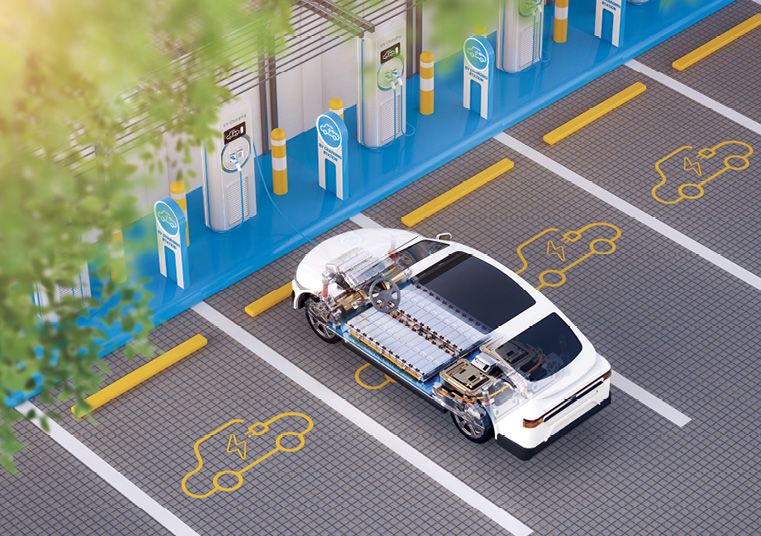Article at a GlanceThe South Korean battery industry is leading the global market today, armed with technological excellence, stable supply capabilities, and price competitiveness. Although K-batteries have taken a brief pause amid the recent slowdown in electric vehicle demand, the transition to EVs is inevitable, so the industry must maintain momentum and diligently prepare for the upcoming market. First, by diversifying supply chains, companies should reduce risks associated with geopolitical changes and oversupply, while simultaneously cutting costs and improving profitability to strengthen their core business. Additionally, only by maintaining steady technological innovation and clearly widening the gap with late entrants can they remain victorious until the end in this intense competition.

With the dawn of the electric vehicle era, South Korea’s secondary battery industry— already a leader in the global battery market—has made even greater strides this year, driven by a mix of internal and external factors. In the global EV battery market this year, major domestic secondary battery manufacturers—”LG Energy Solution”, “SK On”, and “Samsung SDI”—all ranked within the top five in terms of market share, leading the industry. Based on cumulative revenue through the third quarter, “LG Energy Solution” captured approximately 16% market share, with “SK On” at 8% and “Samsung SDI” at 7%, ranking them second, fourth, and fifth, respectively. Excluding the exclusive Chinese market, K-batteries’ status is even more prominent, with the three companies’ combined global market share reaching 50%.
In terms of order backlog as well, the achievements of K-batteries this year have been remarkable. In 2023, the combined order backlog of the three K-battery companies exceeded 1,000 trillion KRW, with each company securing more than 15 years’ worth of future orders. Electric vehicle batteries are the only product in Korea’s industrial landscape to have surpassed 1,000 trillion KRW in backlog, underscoring the fact that K-batteries are already leading the country’s industrial ecosystem. Particularly, while industries that have sustained the Korean economy have traditionally strived to catch up with leading global companies as followers in the market, K-batteries are opening new horizons for Korean industry by leading the global market from the beginning and widening the gap with latecomers.
